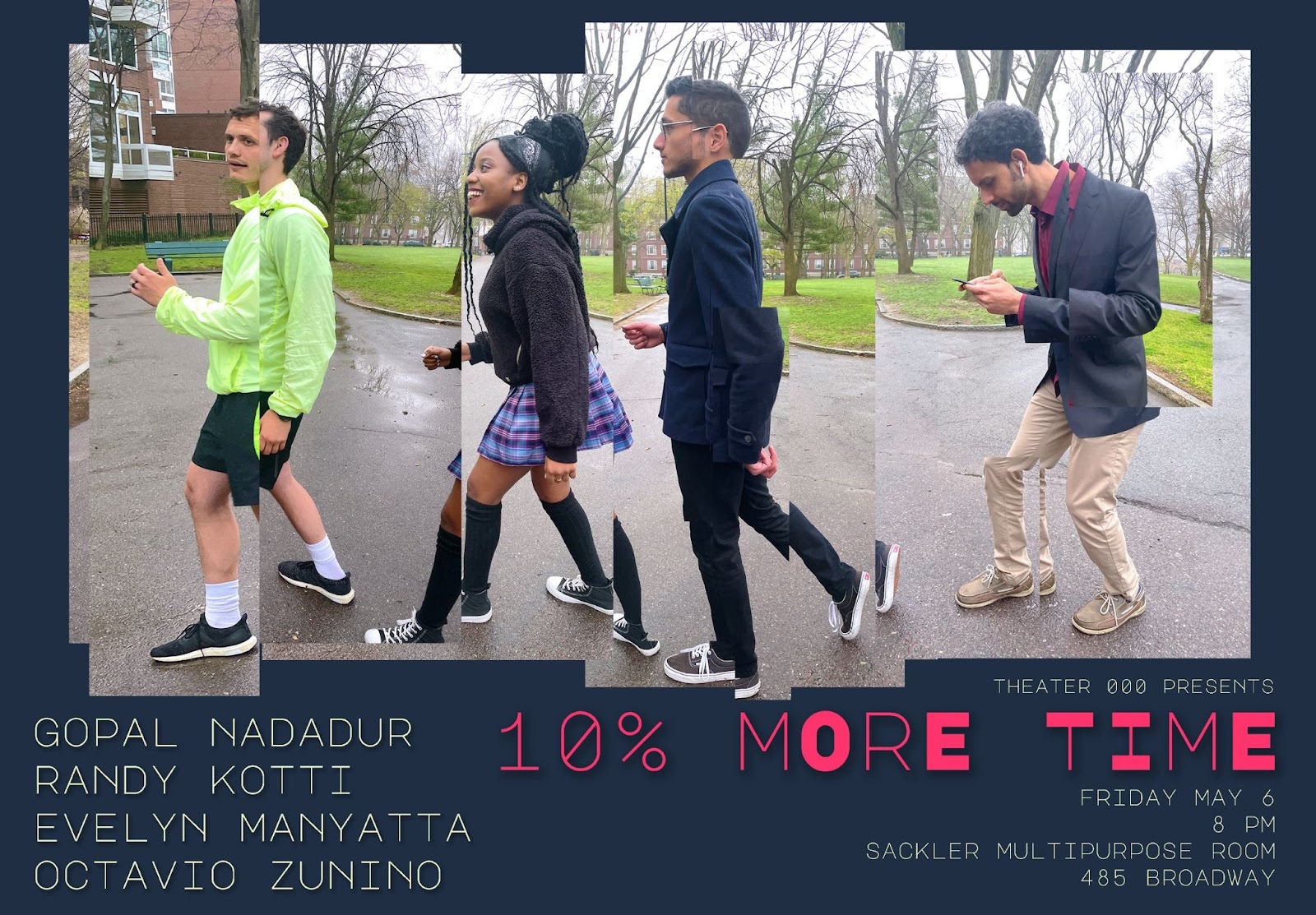A Tuesday afternoon. The semester had just started, and I was already caught in the frenzy of everyday Harvard life. I took a sandwich to my room and opened a TED talk on leadership for my next class. “Make a difference,” “create value,” “change the world”: I had seen many of these talks before, so I knew what to expect. But this time was different. Instead of the usual clichés, I could hear humming, jumping, laughing. The strange noises didn’t come from my laptop, but from the room next door. My roommate was having his first theater class at Harvard.
Be it in management, negotiation, or even public policy, the most critical decisions we will make won’t be so much about numbers. What is the difference between a 30 and a 40 percent chance of success? Behavioural economists have repeatedly demonstrated the flaws in our analytical thinking, no matter how experienced we are. Down the line what matters most is our ability to understand the human component of decision making and exercise critical judgement about ourselves. In my experience, this is where theater comes into play.
I joined my roommate Octavio (MPA/ID ’22) in the class “Theater 000” taught by Lex Brown. We embarked on a journey to deconstructing theatrical performance. From sounds, to movements, to space, we create, experiment, and learn. We discovered that creativity can spur outside of pure thinking by listening to our bodies and emotions. We accepted becoming beginners again and taking risks far outside our usual learning zone. My partner often jokes that I put more effort into my theater class than my economics problem sets. “Did you expect to practice sound performances with your chair when you applied to Harvard?” Failing on stage brings me more anxiety than getting a bad grade. But with practice, I’ve learned that there is no such thing as failure in performance. It’s all about experimenting. And enjoying.
“After taking the class, I realized that I was too busy to enjoy the simple things,” Octavio told me. “I started to pay more attention to the sounds around me: the coffee machine, the toaster, the fridge. I became more present.”
I couldn’t agree more with Octavio. Beyond learning, this class has become my weekly therapy. For three hours, every Tuesday, I get to join others in this soundproof studio that seems to exist somewhere outside of space and time. I leave my watch, my laptop, and my concerns at the door. Breathe. End scene. Being an overachiever, I tend to prioritize credits over my well-being. With this class, I reconcile the urge to make the best out of every moment at Harvard with the need to take time for myself.
It’s not just theater that does this. Arts in general connect us to ourselves in ways we don’t expect. “My favorite class at Harvard was about French poetry,” Khadija (MPA ’22) told me recently. Bursting out of the HKS bubble brought her a weekly dose of fresh air. In addition to meeting students from other faculties, she gained a new perspective on her field. For her final project, she studied how policymakers can tap into poetry to better convey their messages.
“Je comprends, et ne sachant m’expliquer sans paroles païennes, je voudrais me taire.” Rimbaud.
Most leadership classes at HKS focus on self-discovery and system awareness. Former students often encourage us to take these classes as they are unique parts of the HKS experience. The most famous leadership class at HKS, for example, is designed around sharing personal cases of leadership failures and commenting on them. It brings together about 400 students every year across different sessions. Although this approach is insightful, the lessons we learn about ourselves by sitting in an overcrowded classroom are substantially different from the experiential learning that comes with doing, the kind of doing done in art classes. So why don’t we encourage students to take more arts classes?
Our program director was surprised when she first heard that we wanted to take a theater class. “This is new in the MPA/ID program,” she said. “But thinking about it, it all makes sense.” We jokingly asked if theater could ever become part of our core requirements. After all, Harvard praises itself for spearheading change and innovation. Most often though, change in our university is driven by students themselves. If you are a current student and have credits to spare, then “ask what you can do”: take a theater class.
